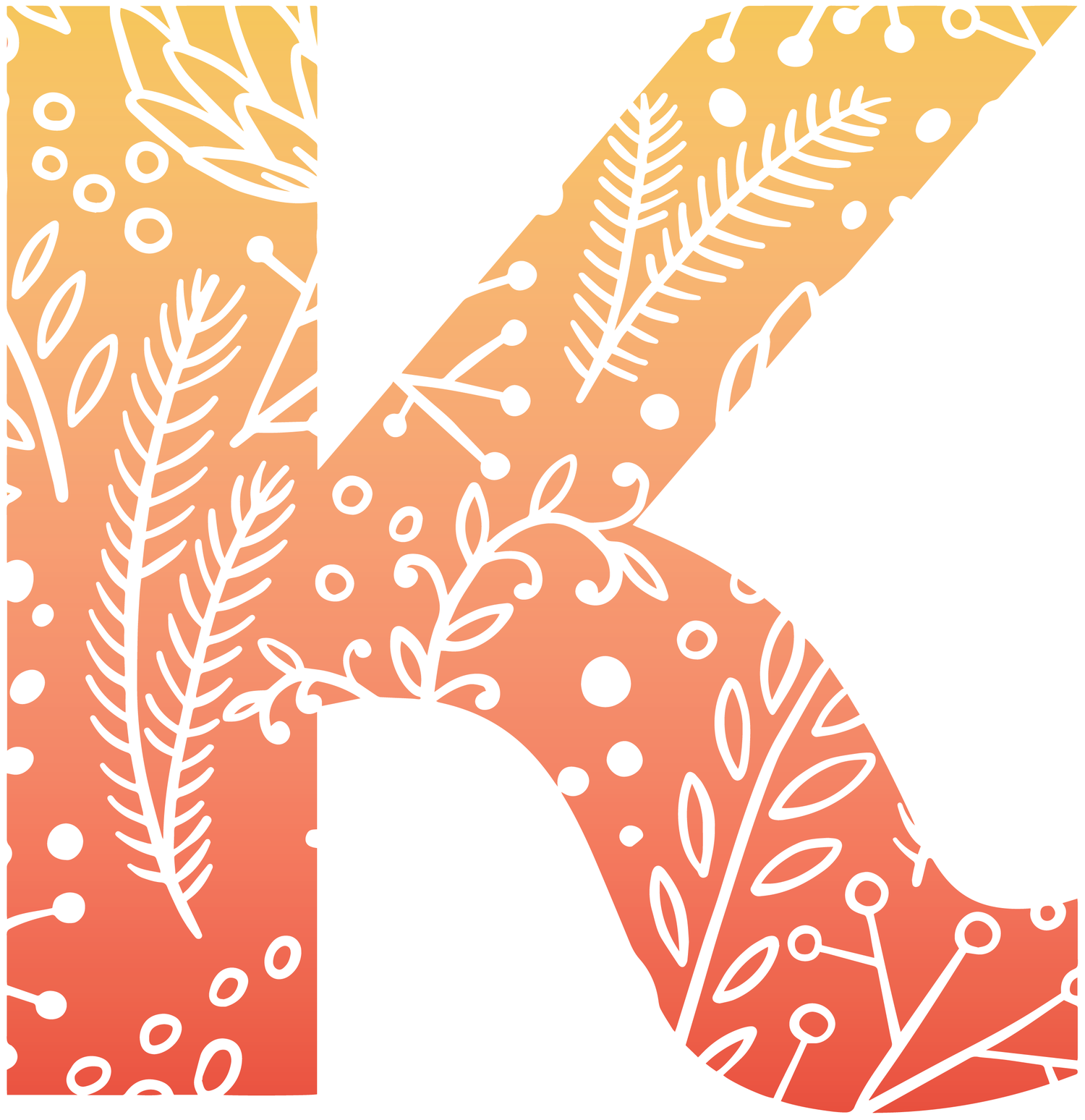How To Write an About Page that You Don't Hate
Full disclosure. Although I’m happy with it now, I absolutely hated writing my own About Page. This discomfort I felt with the process speaks to one of the biggest frustrations business owners have with their website copy: how to write an About Page that works without feeling stressed.
Helping entrepreneurs craft effective and powerful About Pages is my jam here at Kristin Ratten Content Services. Despite my dislike of doing it for myself. *Insert shoulder shrug.*
If you’d like some help getting this or any other piece of your website copy done, let’s connect. Book your free consultation to learn how I can take this chore off your plate so that you can do the fun stuff in your business.
Does an About Page Really Matter?
I’ll cut to the chase here. Yes, it does.
Stats tell us that you have about 10-20 seconds of someone’s attention when they visit your website before they decide if they should stay or go. And for many visitors, the About Page is where they spend that time. This digital real estate has always been important, but it became crucial throughout the pandemic.
You can’t skip creating this page for your company.
If someone lands on your website, there is an excellent chance that they already know what you offer because they probably Googled that exact thing. What they don’t know is who you are as a person or a business, and they want to find out before making a purchase or booking a call.
Not to burst your bubble, but yours is not the only business in the world that does what you do. You have competition in the market, just like I do. But, no one does what you do exactly the way you do it. And that’s why you need an About Page. It tells potential clients and customers who you are as a human being and how you serve your people, and it is vitally important.
How To Write an About Page Without Hating the Whole Process
To help make this task less stressful, try not to overthink it. You have just a few things to accomplish here:
Share a bit of your story.
Allow website visitors to get to know you.
Be authentic.
That’s not so overwhelming, right? For many small businesses, this page isn’t where you need to worry too much about SEO or keywords or any of that. It can be conversational and simple as long as it is true to who you are as a person and a company.
Here are some of the stumbling blocks that many entrepreneurs face when figuring out how to write an About Page.
How Much of My Story Should I Share?
Have you ever gone to get a massage, and the massage therapist tells you to “undress to your comfort”? For many of us, any stage of undress is a little uncomfortable, but we do it anyway so that we get the most effective massage possible. That’s kind of how I work through an About Page with my clients.
You need to consider your comfort level with sharing your story to allow potential customers to understand and connect with you. But you might need to push past it a little bit, too.
This does not mean that you have to tell every detail of your life, but sharing a pertinent piece of your story is essential. In particular, if you are a coach or consultant of any kind, you need to offer some insight into why you do your thing and how you do it differently than anyone else.
When crafting your About section for your website, consider including details that speak to the following:
Why this work is important to you
How long you’ve done this work or been interested in it
A life event or circumstance that started you on this path
Hobbies, interests, and fun facts about you or your business
Each person's bio can briefly touch on these bullet points if you have an entire team to highlight on an About Page.
Information about your family and pets, if applicable, is also great to include in your About Page. These details further help the reader connect with you as they decide whether or not to take the next step. However, you only need to share what you’re comfortable including.
Some people give details such as their kids’ names and ages, while others prefer not to do so. Many people choose to include the town where they live, while some just give a general area such as “the Pacific Northwest.” These details carry privacy implications, so only share what feels right to you. No one has an inherent right to this info on your website.
For the most part, you don’t need to feel obligated to add your degrees or certifications. Your readers probably won't care unless you are in a profession where these details are essential, such as therapists, medical providers, and lawyers. There’s no problem with including it if you want, but it’s not strictly necessary.
How Long Should My About Page Be?
The simple answer to this question is that your About Page should be as long as needed to tell your authentic story. I find about 300-500 words to be the sweet spot for many entrepreneurs, but you certainly can go a little shorter or longer if needed. Just remember that this isn’t your life story, and you have a very short window of attentiveness from the reader.
If you have a particularly long or complex story to share with your audience, you don’t have to ignore it! Use an abridged version on your About Page, and then consider turning the full story into a blog or series of blogs on your website.
First Person vs. Third Person
Surprisingly, this detail trips up a lot of people when writing About Pages. Should you use first-person (I, me, we) or third-person (he, she, they)? This decision will depend on your industry, your voice, and the size of your team.
In general, I prefer first-person when appropriate because it automatically makes you more relatable. I always recommend it for coaches and those in the healing modalities because potential clients must feel safe and connected to you if they are going to move forward.
Third-person is often the right choice when you have multiple people to introduce on your company's About Page. It presents a cohesive, professional image and more of a team feel.
Want Some Help?
I know from experience that it doesn’t really matter how much someone tells you not to overthink your About Page content. It feels like there’s a lot of pressure to get it right because it truly can be a make-or-break page for some people. But I also know that having something is better than nothing, so if you don’t have one, I encourage you to make it a priority to write.
If you’d like help getting your About Page written or updated, reach out and grab a time to chat. As much as I didn’t enjoy writing mine, I love writing everyone else’s! Learning your story and figuring out how to share it is so much fun to me, so let’s connect and get this job done for you.









